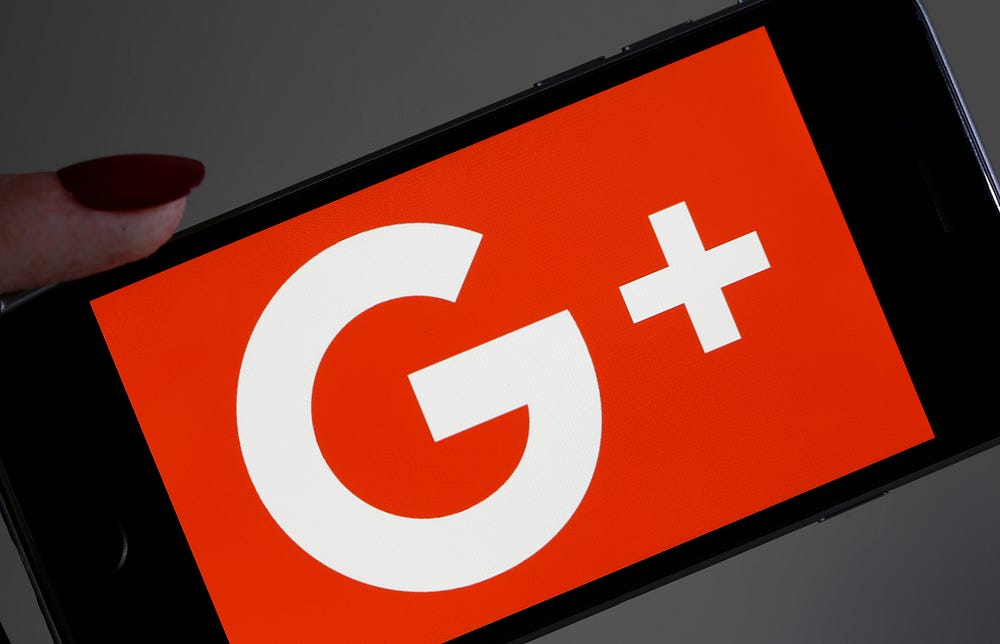Member-only story

 I joined the Google Plus team shortly after its inception in 2010, transferring from the Blogger team. I spent three years on the project, working at first on the profile team, then transferring to the Growth and Engagement Team (GET), and finally ending up on Project Madonna and Project Zorro, where I helped with the repeal of the “real names” policy.
I joined the Google Plus team shortly after its inception in 2010, transferring from the Blogger team. I spent three years on the project, working at first on the profile team, then transferring to the Growth and Engagement Team (GET), and finally ending up on Project Madonna and Project Zorro, where I helped with the repeal of the “real names” policy.
As a lowly software engineer level five, I was a relatively minor participant in the project, but I did witness a lot of the internal decisions made during the initial development of Google Plus, and I believe I can identify a number of critical mistakes made early in its history. This isn’t merely a case of hindsight being 20/20—even back then, I had a strong feeling these choices would prove harmful in the long run. What has changed since then is that I am now much more able to clearly articulate my arguments.
I don’t claim that the issues I’m going to describe were the only problems that Google Plus encountered, but I believe they were significant contributors to its eventual demise. Also, everything I am about to say is my own personal opinion, and not that of my current employer or anyone else.
Asymmetric following model
A symmetric following model (according to the terminology that we used back then) is one in which both parties have to agree in order to establish a connection. This is the model used by both Facebook and LinkedIn.
The founders of Google Plus wanted rapid growth of the social graph. They knew that beating Facebook was going to be a matter of scale.
An asymmetric following model is where one party can unilaterally establish a following relationship without the other party’s interaction. This is the model used by Twitter and Google Plus.
The founders of Google Plus wanted rapid growth of the social graph. They knew that beating Facebook was going to be a matter of scale. After all, people don’t go to social networking sites with the…

